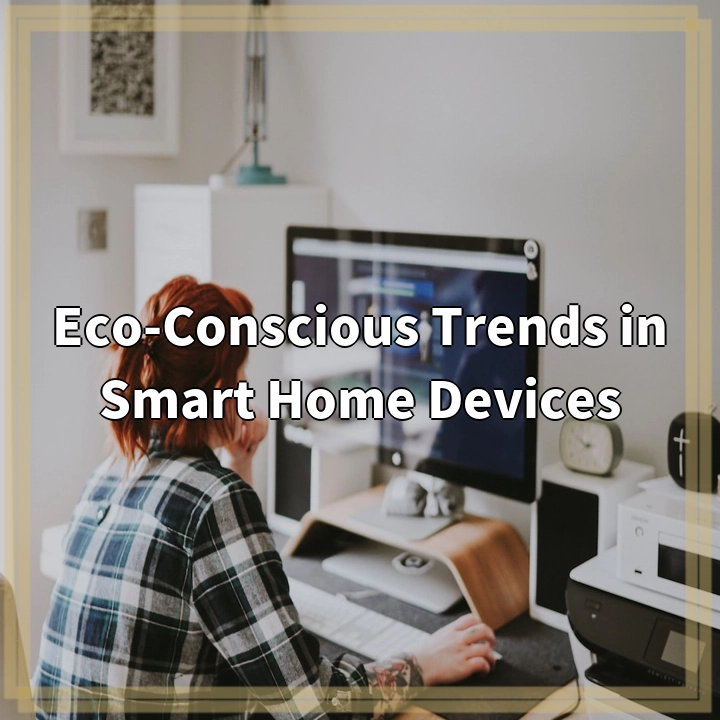
What it is:
Smart home devices refer to connected devices and appliances that can be controlled or monitored remotely through the internet. These devices are designed to enhance convenience, energy efficiency, and overall comfort in homes. They use various technologies such as internet of things (IoT), artificial intelligence (AI), and sensors to automate household tasks and improve the living experience.
Real-World Problems:
While smart home devices offer several advantages, there are also real-world problems associated with their eco-consciousness. It’s important to address these issues to ensure that the adoption of smart home technology is done responsibly and sustainably.
1. Energy Consumption:
One of the concerns with smart home devices is their potential to increase overall energy consumption. Some devices may continuously draw power in standby mode or when not in use, leading to unnecessary energy waste. This can have a negative environmental impact and increase electricity bills for homeowners.
2. Electronic Waste:
The rapid advancement of technology means that smart home devices may become obsolete quickly, resulting in a higher turnover of electronic waste. When these devices are not properly disposed of, they contribute to the growing issue of electronic waste and pose environmental hazards due to their toxic components.
3. Privacy and Security Risks:
The connectivity of smart home devices raises concerns about privacy and security. These devices gather and transmit personal data, including behavioral patterns and usage habits, which can be susceptible to hacking or misuse. This presents privacy risks for homeowners and potential vulnerabilities in their home networks.

Solutions to Eco-Conscious Problems in Smart Home Devices:
Addressing the eco-conscious problems associated with smart home devices is crucial for promoting sustainability and responsible technology adoption. Here are some solutions to consider:
1. Energy-Efficient Devices:
Choose smart home devices that prioritize energy efficiency. Look for devices with energy-saving modes or features that automatically power off when not in use. Consider devices with certifications, such as Energy Star, that ensure they meet specific energy efficiency standards.
2. Proper Disposal and Recycling:
When upgrading or replacing smart home devices, ensure their proper disposal and recycling. Research local electronic waste recycling programs or drop-off locations. By recycling old devices, valuable materials can be recovered while minimizing the environmental impact of electronic waste.
3. Privacy and Security Measures:
Protect your privacy and security when using smart home devices by implementing strong passwords and regularly updating firmware. It’s also wise to research devices’ security features before purchase and ensure they have encryption and secure data storage capabilities.
4. Consider Lifecycle Assessment:
Before purchasing smart home devices, consider their lifecycle impact. Look for brands that prioritize sustainable practices, such as using environmentally friendly materials, reducing packaging waste, and designing devices for longevity and upgradability.
By implementing these solutions, individuals can enjoy the convenience of smart home technology while minimizing its negative environmental impact and ensuring privacy and security.















